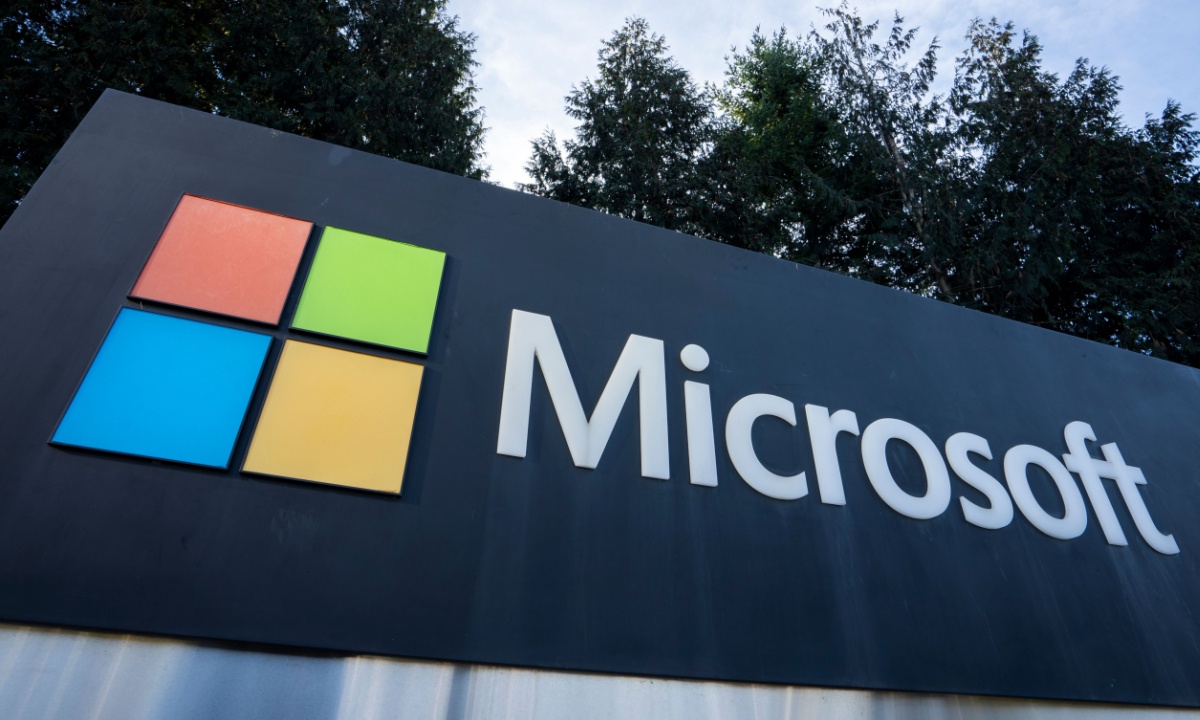
German antitrust authorities have placed Microsoft under heightened surveillance to curb potential anticompetitive practices. The Federal Cartel Office (FCO) announced that Microsoft will be subject to “special abuse control” for five years, citing the tech giant’s dominant position in cross-border competition. Per the Wall Street Journal, this move allows German regulators to act preemptively to prevent unfair market behavior. The decision comes as European regulators increase pressure on major U.S. tech companies.
The Federal Cartel Office (FCO), Germany’s antitrust watchdog, announced that Microsoft would be subject to “special abuse control” for a period of five years. This decision follows the FCO’s conclusion that Microsoft holds a position of “paramount significance” in cross-border competition, which gives regulators the power to intervene early and prevent potentially harmful anticompetitive behavior.
“Today, Microsoft’s ecosystem is stronger and more interconnected than ever, driven by cloud computing and artificial intelligence,” said Andreas Mundt, president of the Federal Cartel Office, in a statement. He emphasized that these key technologies have solidified Microsoft’s market dominance as the company continues to develop proprietary products and partnerships, particularly highlighting its investment in OpenAI, the creator of ChatGPT.
The FCO’s move underscores the broad influence of Microsoft’s products across various sectors, including governments, businesses, and households. The watchdog specifically pointed to Microsoft’s widely-used Windows operating system and its suite of Office applications as justification for the increased scrutiny. The company’s close ties with OpenAI were also a factor in the decision. Notably, News Corp, the parent company of Dow Jones Newswires and the Wall Street Journal, has a content-licensing partnership with OpenAI.
Related: Dutch Watchdog Calls for More Powers to Probe AI Deals After Microsoft Acquisition
A Microsoft spokesperson responded to the announcement, stating that the company intends to work “proactively, collaboratively, and responsibly” with antitrust authorities, acknowledging its role in ensuring a competitive digital environment.
This latest action places Microsoft among other U.S. tech giants, such as Alphabet (Google), Meta (owner of Facebook and Instagram), Amazon and Apple, which are already under closer monitoring by German regulators. While some companies, including Apple, have pending appeals, the FCO’s rulings on Alphabet, Meta and Amazon have already been finalized.
Per the Wall Street Journal, European regulators have significantly ramped up their scrutiny of Big Tech in recent years, following the adoption of landmark legislation like the Digital Markets Act (DMA). The DMA introduces a set of rules aimed at reining in the power of “gatekeeper” companies in areas such as digital advertising, app ecosystems and online search. Companies found in violation of the act face fines of up to 10% of their global revenue, with penalties rising to 20% for repeat offenses.
Mundt explained that the FCO’s decision would allow Germany to address anticompetitive practices that might not be covered by the DMA, providing the country with additional tools to oversee Microsoft’s activities. “Our decision applies to Microsoft as a whole, not only to individual services or products,” Mundt said, underscoring the wide-reaching implications of the watchdog’s ruling.
Source: The Wall Street Journal
Featured News
Judge Appoints Law Firms to Lead Consumer Antitrust Litigation Against Apple
Dec 22, 2024 by
CPI
Epic Health Systems Seeks Dismissal of Antitrust Suit Filed by Particle Health
Dec 22, 2024 by
CPI
Qualcomm Secures Partial Victory in Licensing Dispute with Arm, Jury Splits on Key Issues
Dec 22, 2024 by
CPI
Google Proposes Revised Revenue-Sharing Limits Amid Antitrust Battle
Dec 22, 2024 by
CPI
Japan’s Antitrust Authority Expected to Sanction Google Over Monopoly Practices
Dec 22, 2024 by
CPI
Antitrust Mix by CPI
Antitrust Chronicle® – CRESSE Insights
Dec 19, 2024 by
CPI
Effective Interoperability in Mobile Ecosystems: EU Competition Law Versus Regulation
Dec 19, 2024 by
Giuseppe Colangelo
The Use of Empirical Evidence in Antitrust: Trends, Challenges, and a Path Forward
Dec 19, 2024 by
Eliana Garces
Some Empirical Evidence on the Role of Presumptions and Evidentiary Standards on Antitrust (Under)Enforcement: Is the EC’s New Communication on Art.102 in the Right Direction?
Dec 19, 2024 by
Yannis Katsoulacos
The EC’s Draft Guidelines on the Application of Article 102 TFEU: An Economic Perspective
Dec 19, 2024 by
Benoit Durand